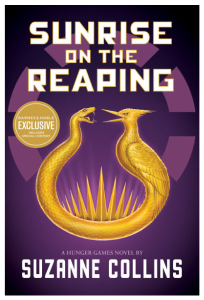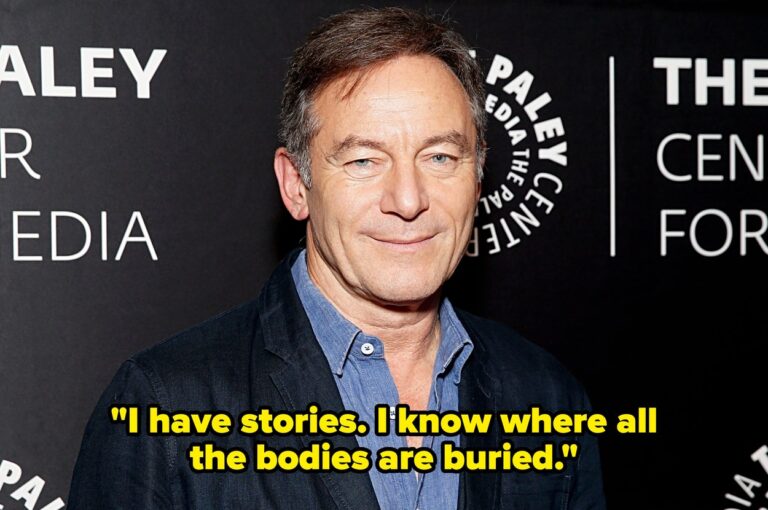
 Alex Berenson was a reporter for The New York Times who graduated from investigative journalism into life as a novelist (see ‘John Wells‘). He is more famous, I think today for his forays back into exposing shibboleths as myths — most notably, the beliefs that marijuana is a harmless ‘recreational drug,‘ that the mRNA jabs were “safe and effective,” and that we can trust the government to police free speech to protect us from “misinformation” — but I was struck by this tweet he made yesterday for three reasons.
Alex Berenson was a reporter for The New York Times who graduated from investigative journalism into life as a novelist (see ‘John Wells‘). He is more famous, I think today for his forays back into exposing shibboleths as myths — most notably, the beliefs that marijuana is a harmless ‘recreational drug,‘ that the mRNA jabs were “safe and effective,” and that we can trust the government to police free speech to protect us from “misinformation” — but I was struck by this tweet he made yesterday for three reasons.
First, there’s the ‘Shared Text’ thing, right? Rebecca Yarros’s books are fantasy novels — dragons! — but that’s about all that they have in common with Harry Potter. Berenson, though, when wanting to make a point about ‘Romantasy‘ books, which is to say, ‘romance novels with adult sex openly depicted, not safe for work or bedtime reading, he invokes the fantasy series with which he can be confident everyone of his readers is familiar.
Next, there was my realization that Berenson is absolutely clueless about the “girls who read Harry Potter 20 years ago.” His unstated suggestion is that they weren’t interested in sex in their fantasy fiction back in the day but “have grown up and graduated to” Romantic Fantasy novels. Harry Potter fans twenty years ago were consumed by ‘shipping in the series, so much so that the most popular type of fan fiction involved relationships between characters that were anything but Platonic and as often as not sexually perverse. ‘Slash,’ as it was known, was a staple of conversation and programming at fandom conferences. I succeeded in dodging all that, but there was no way to avoid awareness of it as a fandom focus.
Finally, I confess to being more than a little put off by Berenson’s snobbery about the Potter novels and about Yarros’s work, of which I was until this tweet blissfully ignorant. It is hard to miss the suggestion that to him the Hogwarts Saga is kid kit akin to Easy Readers, Nancy Drew, or Enid Blyton books, something real readers ‘grow out of.’ It reflects the truism that ignorance and arrogance are Siamese twins as well as the shibboleth still omnipresent despite being repeatedly punctured that popular fiction with extraordinary sales and international reach is necessarily not very good. See Lev Grossman’s comments about the elitist aversion to Twilight as being little more than laziness posturing as refined taste; Berenson’s tweet seems a case study in the attitude Grossman described.
Which is not to say that Yarros’s books are high art. As noted, I have no idea and I confess that ‘Romantasy’ as a concept reminds me, perhaps fatally in terms of my ability to give it a fair reading, of Harry Potter ‘Slash’ fan fiction.
What I am saying is that popular fiction, as Dickens, Hemingway, Lewis, Tolkien, Rowling, Collins, and, yes, Stephenie Meyer have proven, can be very, very good indeed. I’m glad Rowling grew up and graduated (sic) to the Strike-Ellacott novels from her Wizarding World diamond mine — and I really think those detective novels hinge as they do on the forever incipient nature of the partners’ romance because of lessons she drew drew from Harry Potter fandom’s fixation on ‘shipping. As good as the Cormoran Strike series gets, however, its “adult” conversations and scenes won’t be what makes it as profound or better than the Potter novels.







